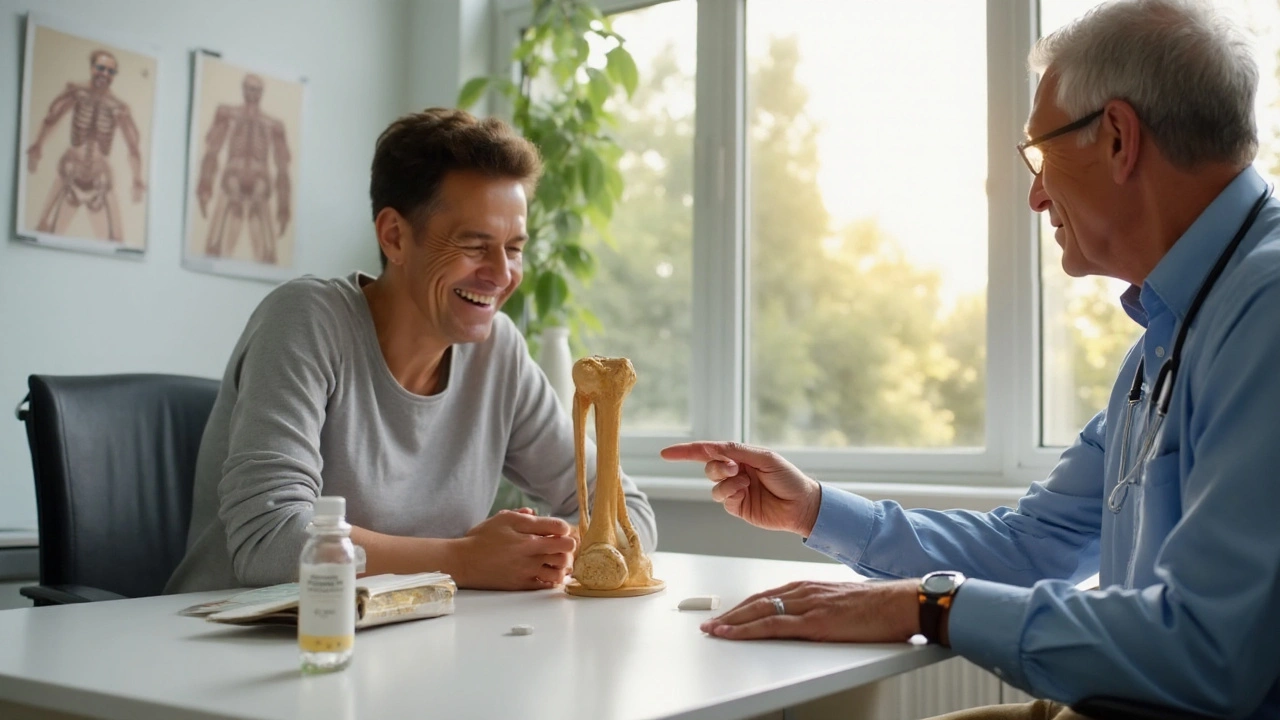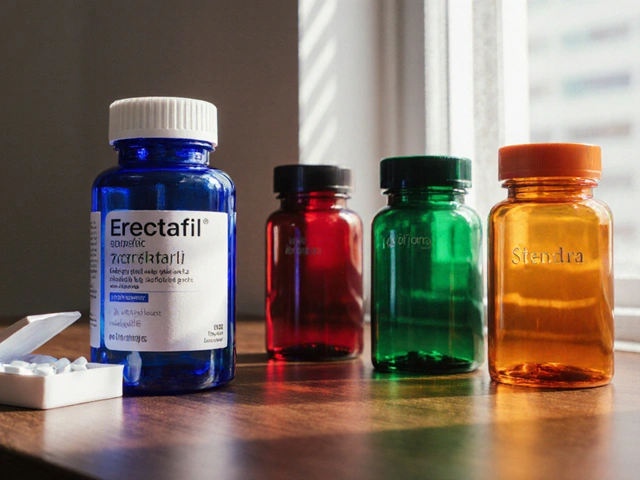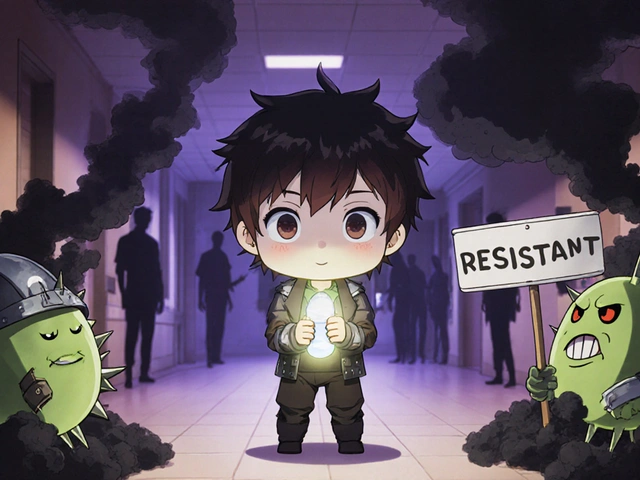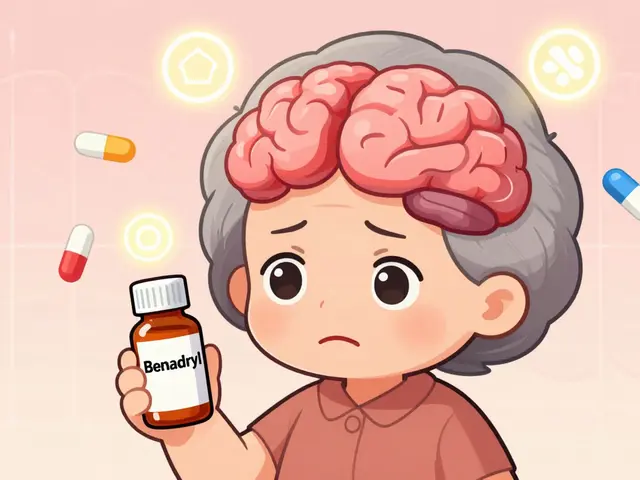Oxcarbazepine Bone Health: Simple Tips to Keep Your Bones Strong
If you take oxcarbazepine for seizures, you might wonder whether the drug can hurt your bones. The short answer is that it can lower bone density in some people, but you can take action to stay strong. This guide explains what to watch for and gives easy steps you can start today.
How Oxcarbazepine Impacts Bone Density
Oxcarbazepine works by calming nerve activity, which is great for seizure control. At the same time, the medication can interfere with calcium balance and vitamin D levels. When calcium isn’t absorbed well, bone cells lose the material they need to stay dense. Over months, this can show up as a drop in bone mineral density, especially in older adults or those with other risk factors.
Not everyone will experience a problem, but the risk goes up if you’ve been on oxcarbazepine for years, have a low‑calcium diet, or already have osteoporosis. Keeping track of these factors helps you catch issues early.
Practical Steps to Safeguard Your Bones
First, talk to your doctor about a baseline bone density test. A simple DEXA scan tells you where you stand and whether you need extra monitoring. Ask if the doctor wants to check your vitamin D and calcium levels regularly.
Second, boost your intake of calcium‑rich foods. Milk, yogurt, cheese, leafy greens, and fortified plant milks are easy choices. Aim for about 1,000 mg of calcium per day if you’re under 50, and 1,200 mg if you’re older.
Third, make sure you get enough vitamin D. Sunlight, fatty fish, and fortified foods help, but many people need a supplement. A typical dose is 800‑1,000 IU daily, but follow your doctor’s advice.
Fourth, add weight‑bearing exercise to your routine. Walking, jogging, dancing, or light resistance training puts gentle stress on bones, signaling them to stay strong. Even 30 minutes three times a week makes a difference.
Finally, avoid habits that weaken bone. Smoking and excessive alcohol both speed up bone loss. If you smoke, seek help to quit, and keep alcohol to moderate levels (no more than two drinks a day for men, one for women).
Staying on oxcarbazepine doesn’t mean you have to accept weaker bones. With regular check‑ups, good nutrition, sunlight, exercise, and healthy habits, you can protect your skeleton while keeping seizures under control. Keep an eye on any new joint pain or unexpected fractures, and let your doctor know right away. Your bones will thank you.
Oxcarbazepine and Bone Health: What the Evidence Shows

Explore whether oxcarbazepine impacts bone health, the science behind it, risk factors, and practical steps to protect your skeleton while on the drug.
read more



